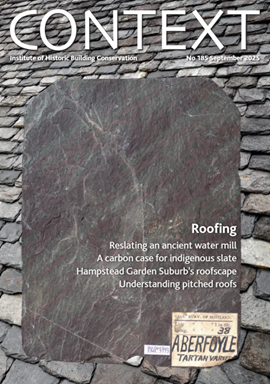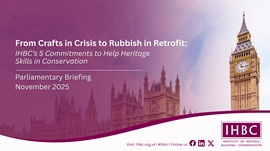Certificate of Lawfulness of Proposed Works
A Certificate of Lawfulness of Proposed Works is a document that is issued to confirm that proposed works to a listed building do not contravene section 38 of the Planning (Listed buildings and conservation areas) Act 1990. This means that any works of alteration or extension (but not demolition) of a listed building do not need listed building consent, as the character of the building is not affected.
Certificates can only be issued for works which have yet to be commenced and cannot be issued retrospectively for works already done. When a certificate is issued, works must be carried out within ten years.
If someone is satisfied that the works they wish to carry out do not require listed building consent then they can proceed without submitting a certificate application to their local planning authority, since there is no obligation to apply for one. The application process, as well as procedures for appeals against refusal or non-determination, are covered in the Planning (Listed Buildings) (Certificates of Lawfulness of Proposed Works) Regulations 2014.
It is the responsibility of the certificate applicant to supply appropriate evidence demonstrating that the works that are proposed do not require listed building consent. The local planning authority may refuse the application if they have reasonable grounds to believe otherwise. An application should contain the following information:
- A detailed description of the proposed works (including details about the materials, finishes, and so on).
- Details about the part/s of the building affected.
- Reasons why the certificate is necessary (i.e. why the works do not affect the character of the listed building).
- The applicant’s interest in the building (i.e. ownership, tenancy, etc.).
- Details of the listed building’s grading.
[edit] Related articles on Designing Buildings Wiki
- Building Preservation Notice.
- Certificate of Immunity.
- Certificates in the construction industry.
- Conservation area consent.
- Enterprise and Regulatory Reform Act 2013 and listed buildings.
- Lawful development certificate.
- Listed buildings.
- Local interest list.
- Planning (Listed Buildings and Conservation Areas) Act.
- Planning permission.
IHBC NewsBlog
Latest IHBC Issue of Context features Roofing
Articles range from slate to pitched roofs, and carbon impact to solar generation to roofscapes.
Three reasons not to demolish Edinburgh’s Argyle House
Should 'Edinburgh's ugliest building' be saved?
IHBC’s 2025 Parliamentary Briefing...from Crafts in Crisis to Rubbish Retrofit
IHBC launches research-led ‘5 Commitments to Help Heritage Skills in Conservation’
How RDSAP 10.2 impacts EPC assessments in traditional buildings
Energy performance certificates (EPCs) tell us how energy efficient our buildings are, but the way these certificates are generated has changed.
700-year-old church tower suspended 45ft
The London church is part of a 'never seen before feat of engineering'.
The historic Old War Office (OWO) has undergone a remarkable transformation
The Grade II* listed neo-Baroque landmark in central London is an example of adaptive reuse in architecture, where heritage meets modern sophistication.
West Midlands Heritage Careers Fair 2025
Join the West Midlands Historic Buildings Trust on 13 October 2025, from 10.00am.
Former carpark and shopping centre to be transformed into new homes
Transformation to be a UK first.
Canada is losing its churches…
Can communities afford to let that happen?
131 derelict buildings recorded in Dublin city
It has increased 80% in the past four years.














